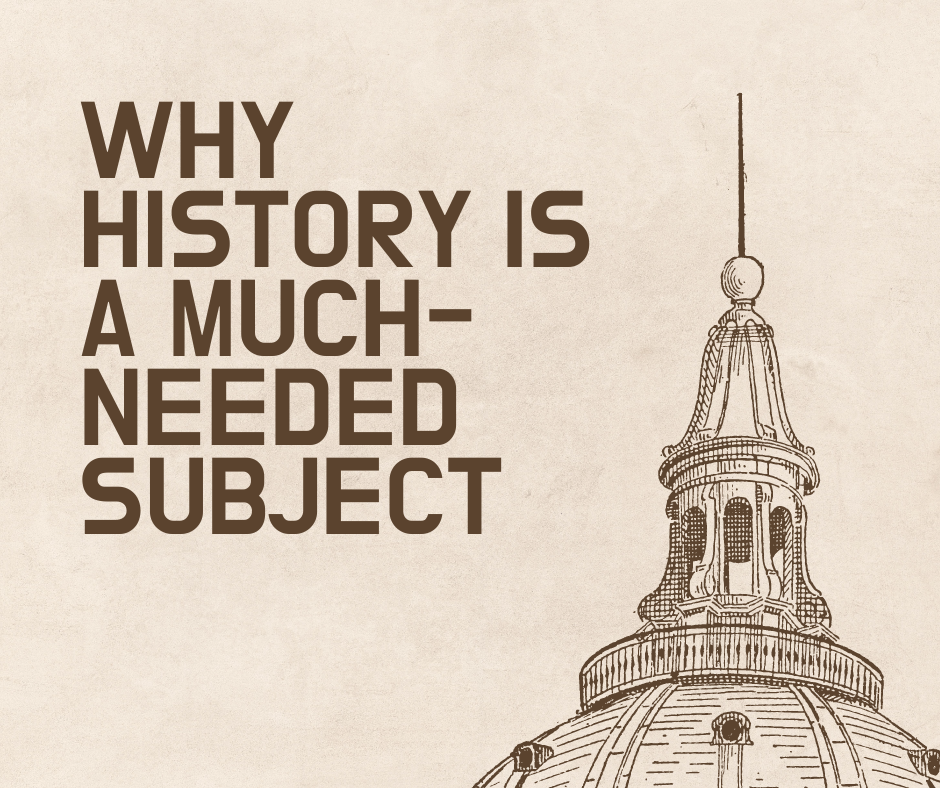Studying history is essential because it provides us with a deeper understanding of the world and our place in it. It offers a comprehensive overview of the past and its impact on the present and provides us with valuable lessons and insights that can inform our decisions and shape our future.
Here are some of the key reasons why we need to study history:
1. Understanding of Cultural Diversity
History allows us to explore the diversity of cultures, traditions, and beliefs that exist around the world, and gain a deeper appreciation for the differences and similarities between them. It’s unfair for us to judge other people differently from us based on our own standards. There’s no such thing as normal when there are so many people in the world who do things differently from you!
As Star Trek famously promotes, there is infinite diversity in infinite combinations.
2. Knowledge of the Past
History provides us with a better understanding of the events, people, and developments that have shaped the world and shaped our own experiences. We need to know what happens so we can prevent bad things from happening again in the future. For example, we can study the rise of Nazi Germany to prevent oppression like that from happening again.
3. Insight into Current Events
By studying the past, we can gain a better comprehension of the root causes of current events and the context in which they are taking place. There is always a reason for everything, and by identifying the root causes, we can understand why people are acting like they are in the present.
4. Historical Perspective
Studying history gives us a better understanding of the context and background of events, helping us to understand why things happened the way they did. Again, we can then prevent those things from happening again by applying what happened in history to current events.
5. Understanding of Political and Social Systems
History provides us with an understanding of the political and social systems that have been developed over time, and the impact they have had on society. For example, people view Scandinavian countries as expensive because their taxation is much higher. However, with higher taxation comes affordable healthcare and education, making Scandinavians some of the happiest people on the planet. Everything happens for a reason!
6. Insight into Human Behavior
By studying the lives and experiences of people in the past, we can gain a deeper comprehension of human behavior and the motivations behind it. Notable figures in history aren’t a different species from us—they were all human beings that managed to do something great. People around us can do the same things as them too.
7. Improved Critical Thinking Skills
Studying history requires critical thinking, analysis, and interpretation, and these skills are transferable to other areas of life. Just like mathematics, history allows us to develop important skills that aren’t just applicable to one area of study.
8. Improved Communication Skills
History teaches us to communicate effectively and express our thoughts and ideas clearly and concisely. This is important when talking about history because history needs to be frequently discussed so as not to forget about it.
9. Increased Sense of Identity and Belonging
By understanding our own history and cultural heritage, we can develop a stronger idea of identity and belonging, and connect with our community. For example, the Black community often band together remembering what their ancestors had gone through to achieve rights for them now.
10. Preparation for the Future
Studying history prepares us for the future by providing us with a better understanding of the challenges and opportunities that lie ahead. It also makes our future that much easier to remember the mistakes we have done in the past and refuse to let them happen again.
Conclusion
In conclusion, studying history is crucial to gain a deeper understanding of the world, our place in it, and the impact that past events have on the present and future. It provides valuable lessons and insights that can shape our thinking, inform our decisions, and prepare us for the challenges and opportunities of the future.










